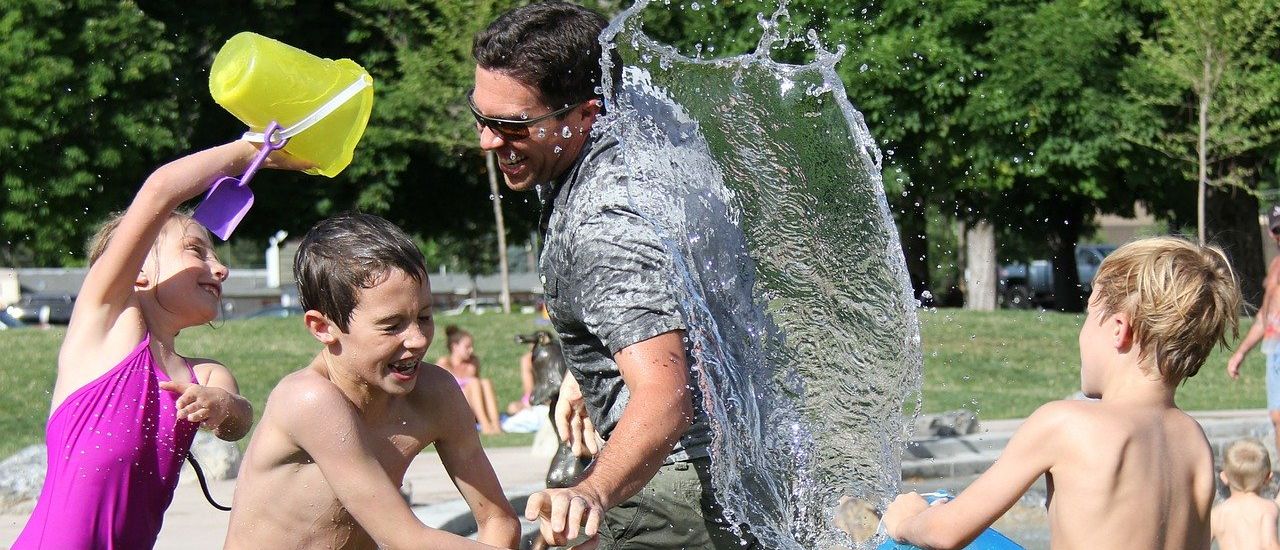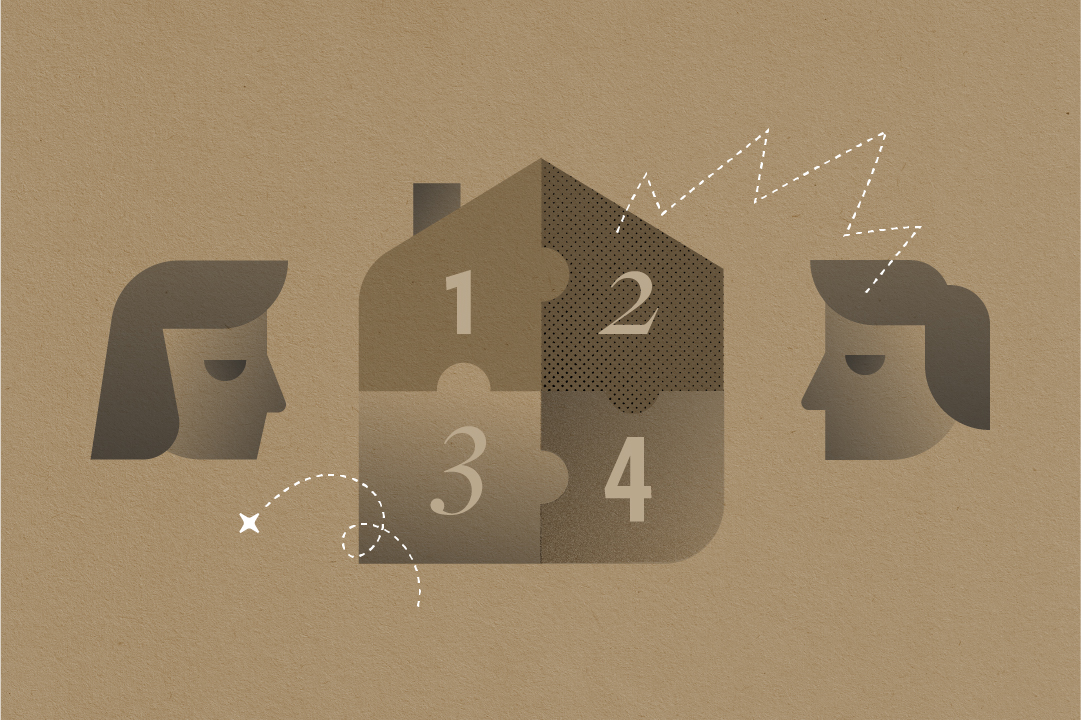Everyday decisions about a child’s health and medical care can be made by either a parent of a child, or any other person exercising parental responsibility for a child. Major long-term medical decisions in relation to a child must be made in consultation with both parents or all persons who have been granted parental responsibility in relation to the child.
Parental Responsibility
Under section 61C of the Family Law Act (“the Act”), each parent of a child shares joint parental responsibility for the child unless that responsibility have been displaced by a court order.
Under s61B of the Act, parental responsibility in relation to a child means “all the duties, powers, responsibilities and authority, which, by law, parents have in relation to children”.
Parenting orders can be made granting parental responsibility to any other person determined by the court under section 64C of the Act. However, section 65C provides that parenting orders can only be applied for by:
- a) a parent of the child;
- b) the child;
- c) a grandparent of the child; or
- d) any other person concerned with the care, welfare or development of the child.
Parental Responsibility and Consent
Health and medical treatment is illegal unless a patient consents to it. In relation to child, there must be consent from someone with parental responsibility for the child. This differs slightly in life threatening situation, where limited treatment may be provided when it is not possible to obtain consent beforehand. For example, a car accident involving both parents and a child, where the parents are unable to consent to treatment for the child.
In the event that two or more people hold parental responsibility, they will need to consent to a medical procedure. If parties are not able to agree, they may need to seek that a court make a determination on the issue.
However, there are some major medical procedures which cannot be performed on a child without first obtaining the consent of a court, regardless of whether the parents and medical practitioners have consented to the procedure.
Situations where Court involvement may be required
There are many different circumstances which require the Court to become involved in relation to consent and children’s medical procedures.
If parents, or those with parental responsibility, disagree with each other in regard to medical procedures or treatment, the court may need to decide on the treatment. This can range from less invasive procedures such as orthodontic treatment to something as serious as deciding whether to keep a person’s life support on.
In cases where the child is considered mature enough to make decisions regarding their own medical treatment, the child may be considered to be ‘Gillick competent.’ This means that the child has reached a level of understanding and intelligence required to make their own decisions in relation to their medical treatment.
In instances where a hospital or medical practitioner’s views on treatment differ to the parents’, a court order again may be necessary. In the case of Director Clinical Service, Child & Adolescent Health Services & Kiszko & Anor an order was made requiring a child to undergo chemotherapy treatment against the wishes of both parents.
Similarly, there are certain procedures which require court orders, regardless of whether the parents’ consent.
Special medical procedures and Court involvement
There are some medical procedures, known as ‘special medical procedures’ that require permission from the court in order to be performed on a child.
Some examples of special medical procedures include:
- sterilisation;
- Stage two gender reassignment; or
- Certain other major surgeries.
The reason that court orders are required for such procedures is that they are considered to extend outside of the usual parental powers, meaning they are permanent, irreversible or significantly life-altering. Importantly, the court becomes involved to take into account the best interests of the child.
The orders the court will make varies with the circumstances of each case. In as the case of Re Marion, it was found that the performance of a hysterectomy on a 14 year old girl living with severe intellectual and physical disabilities was in the child’s best interests. By contrast, in the case of L & GM & MM it was found the proposed sterilisation of a 17 year old physically and intellectually disabled girl was not in the child’s best interests. Furthermore, some cases require the court to go further than making a simple “yes or no” ruling and may prescribe the particulars of a procedure to be carried out on a child.
In situations where stage 2 gender reassignment treatment is proposed for a child with gender dysphoria, an order must be obtained by a court pursuant to section 67ZC of the Act unless the child is considered to be Gillick competent.
If your child or children are facing a medical procedure that may require court involvement or if you simply want to discuss your options in this complex space, you can contact one of our experienced family law solicitors to discuss your matter further. In addition to our experienced family law team, elringtons specialises in health law, meaning we have the expertise and experience to resolve complex issues which arise from health and medical treatment.
For more information or to make and appointment in either our Canberra or Queanbeyan office please contact:
e: cturini@elringtons.com.au | p: 02 6206 1300
Further reading:







